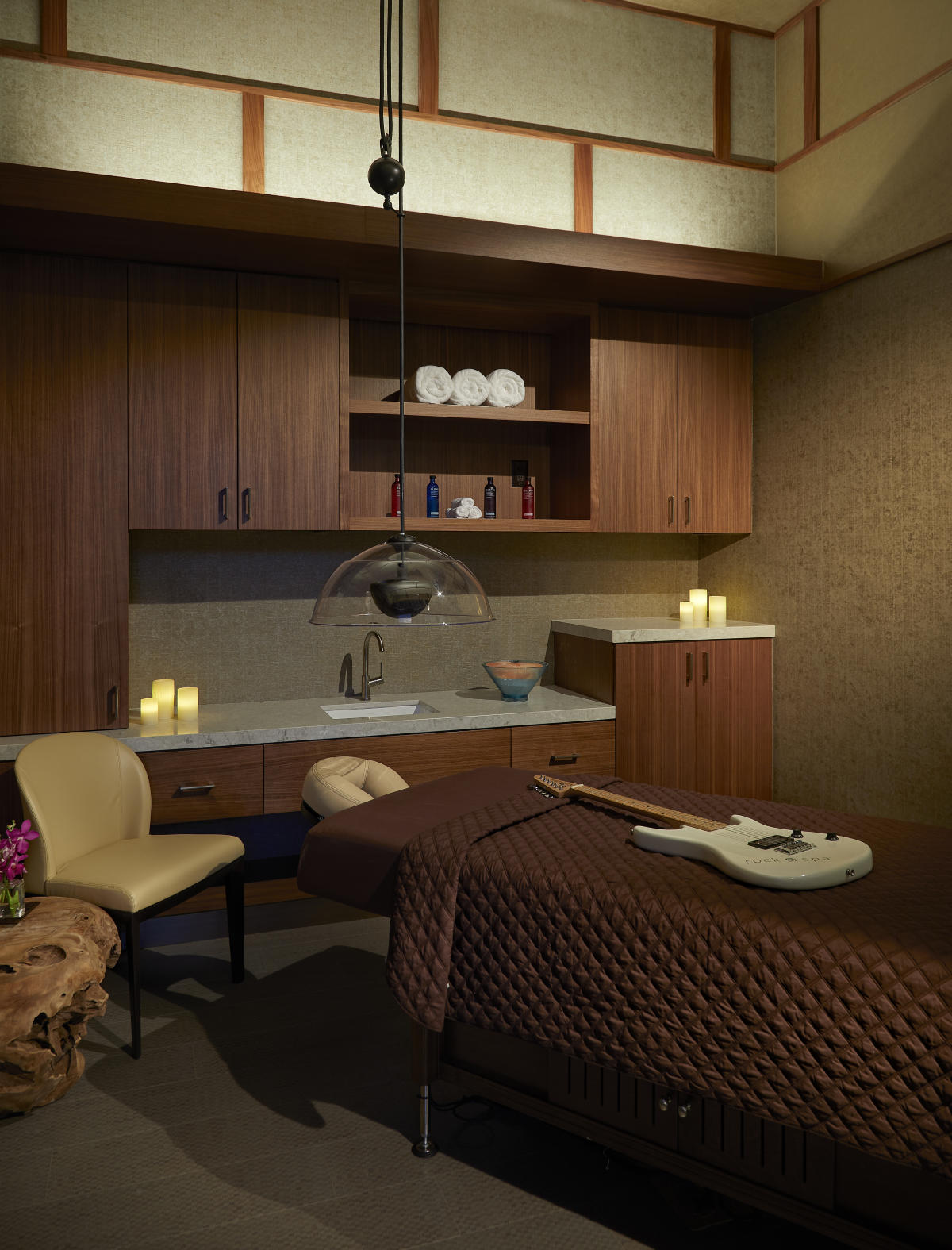

Osceola passed around Seminole-brand electronic cigarettes. "We walked in like we owned the place," Mobile Mike would recall later. Witnesses say Osceola was in fan-boy heaven. He kept telling the musicians that Candlebox was his favorite act. But despite the outward display of nudie-bar bonhomie, the mood was off. The musicians were worrying over their bankroll.įor months, the band had been looking forward to a partnership that their manager had sketched out: The tribe - which owns the Hard Rock brand of resorts and casinos - would front $400,000 to finance Candlebox's 33-date 20th-anniversary tour, which would include shows at Hard Rock venues, for the coming summer. But the tribe had yet to hand over the money even though a deadline had come and gone. The next day, the band prepared to play the Burgers and Beer Fest at the Seminole Hard Rock Hotel. Band members posed for grip-and-grin photos with Osceola and two other members of the Seminole tribal leadership before doing sound check at an outdoor stage. When they wrapped up, lead singer Kevin Martin and drummer Scott Mercado met with their manager and Osceola at the side of the stage. According to separate affidavits filed by Mercado and Iudice, Osceola promised their money would be coming that week. If not, Osceola said he'd open his own wallet to cover the deal. "He shook my hand, looked me in the eye when he said it," Mercado says today. His claims were quashed by a legal concept called sovereign immunity that makes governments - including Native American ones - immune to civil lawsuits. Later that night, a relieved Candlebox strode onto the stage and blasted through their set list. Martin, feeding off the crowd, seemed plugged into an electric socket. For part of the show, he pulled on a traditional Seminole patchwork jacket made of bright-orange, black, and red geometric patterns - a gift from the tribe. After the last notes had died and the crowd turned for the parking lot, Candlebox left, content that the band's financial future with the Seminoles was good.īut within a month, the deal was dead and buried. When he decided to take his gripes to court, his claims were quashed by a legal concept called sovereign immunity that makes governments - including Native American ones - immune from civil lawsuits. law, sovereign governments - foreign nations, the U.S. government, individual American states, and, yes, Indian tribes - cannot be sued unless they waive this immunity or Congress acts. Most governments, however, aren't operating multibillion-dollar private businesses. The Seminole Tribe, in contrast, rakes in $2.2 billion annually just from gaming proceeds at its seven Florida casinos. It operates 21 Hard Rock hotels and ten casinos in locales from Vancouver to Punta Cana. In addition, the tribe owns businesses from energy drinks to e-cigarettes. Untold numbers of partners have done business successfully with the tribe, and Florida residents benefit from the $132 million the tribe pays the state for enabling its gambling operations.


 0 kommentar(er)
0 kommentar(er)
